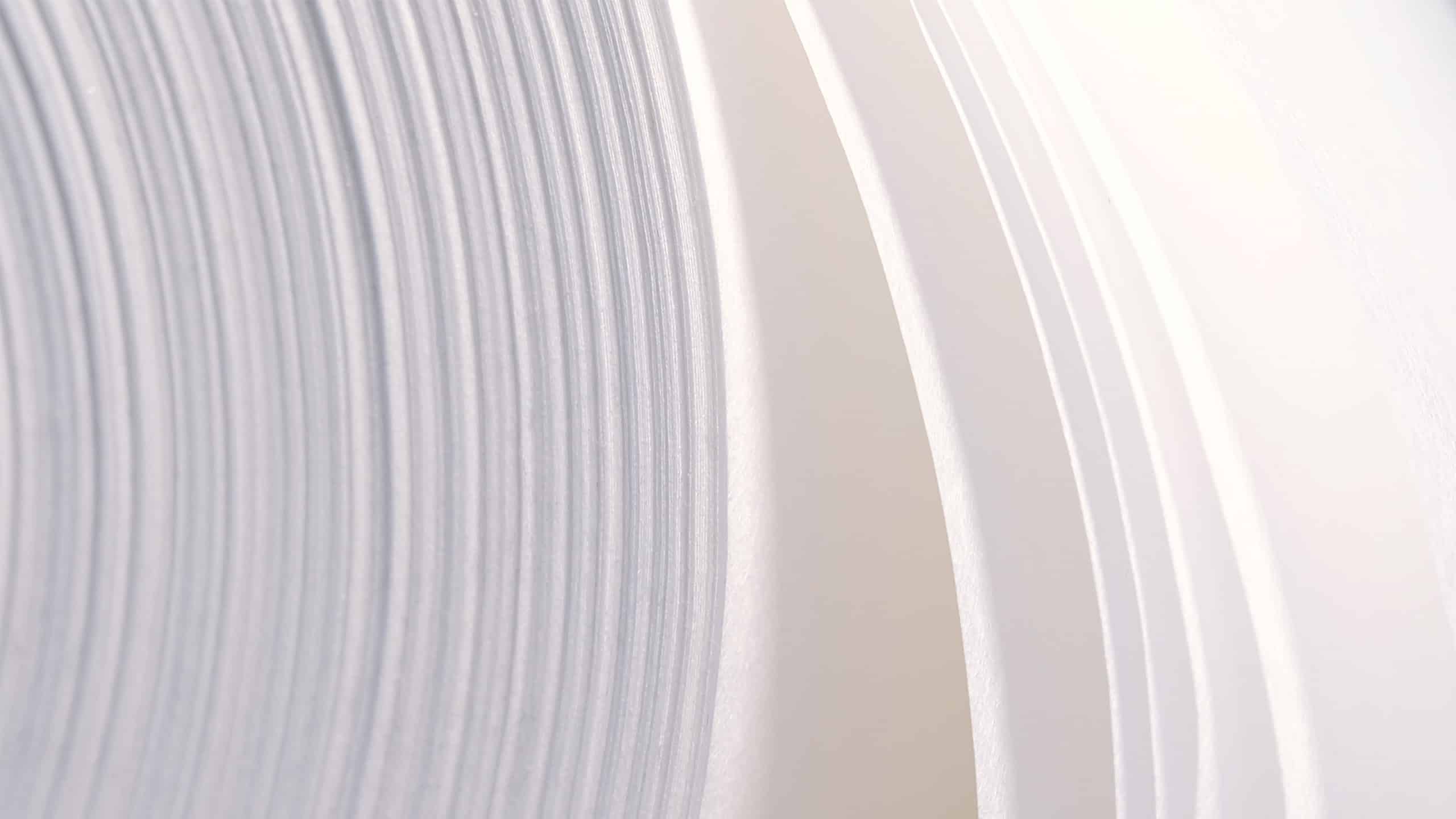How Recyclable Hygiene Packaging is Shaping the Future of Feminine Care

Understanding recyclable hygiene packaging
In today’s world, recyclable hygiene packaging is gaining significant traction as consumers and companies alike strive for more sustainable solutions. This concept revolves around creating packaging that can be easily recycled, thus reducing the amount of waste that ends up in landfills. The importance of sustainability in packaging cannot be overstated, as it plays a crucial role in mitigating the environmental impact of consumer products.
Recyclable packaging helps to minimize waste by allowing materials to be reused and repurposed, rather than discarded. By adopting recyclable solutions, industries can significantly reduce their carbon footprint and contribute to a more circular economy. According to studies by the European Environment Agency, increasing recycling rates can substantially decrease environmental pollution and resource depletion.
The role of fibre-based materials in feminine care
Fibre-based materials are increasingly being utilized in the feminine care sector as a sustainable alternative to traditional plastic packaging. These materials are derived from renewable resources, such as responsibly managed forests, and can be recycled into new products. This not only reduces plastic waste but also supports sustainable forestry practices.
One of the key advantages of using fibre-based materials in feminine care products is their biodegradability. Unlike plastics, which can take hundreds of years to decompose, fibre-based materials break down naturally, reducing their environmental impact. Additionally, these materials offer comparable performance in terms of durability and flexibility, making them an attractive option for manufacturers looking to implement greener practices.
Paptic’s innovative approach to sustainable packaging
At the forefront of the sustainable packaging movement, we have developed a unique solution that combines the benefits of paper, plastic, and textiles. Our fibre-based materials offer a versatile alternative to traditional packaging, providing recyclability, reusability, and durability. This innovative approach not only addresses the pressing issue of plastic waste but also enhances the overall user experience.
What sets our materials apart is their flexibility and softness, which make them ideal for a wide range of applications, including feminine care products. By leveraging advanced technology and sustainable resources, we are able to produce packaging that meets the highest environmental standards while maintaining the necessary functionality and aesthetic appeal.
Challenges and opportunities in recyclable packaging
Despite the clear benefits of recyclable packaging, its widespread adoption in the feminine care industry faces several challenges. One of the primary obstacles is the cost associated with transitioning from traditional materials to more sustainable alternatives. Additionally, there is a need for greater consumer awareness and education regarding the importance of recycling and sustainable practices.
However, these challenges also present opportunities for innovation and growth. As consumer demand for sustainable products continues to rise, companies have the chance to differentiate themselves by adopting eco-friendly packaging solutions. By investing in research and development, the industry can overcome existing barriers and develop new technologies that make recyclable packaging more accessible and cost-effective.
The future of feminine care with sustainable solutions
The future of feminine care is set to be profoundly shaped by sustainable packaging solutions. As more companies embrace recyclable materials, we can expect to see a shift in consumer preferences towards environmentally friendly products. This will not only drive innovation in packaging design but also encourage more responsible production and consumption patterns.
Ultimately, the increased use of sustainable and recyclable packaging in the feminine care industry will help to reduce its environmental footprint. By prioritizing sustainability, companies can play a pivotal role in protecting the planet for future generations while meeting the growing demand for eco-conscious products. This shift will likely inspire further advancements in packaging technology and sustainability practices across the industry.
